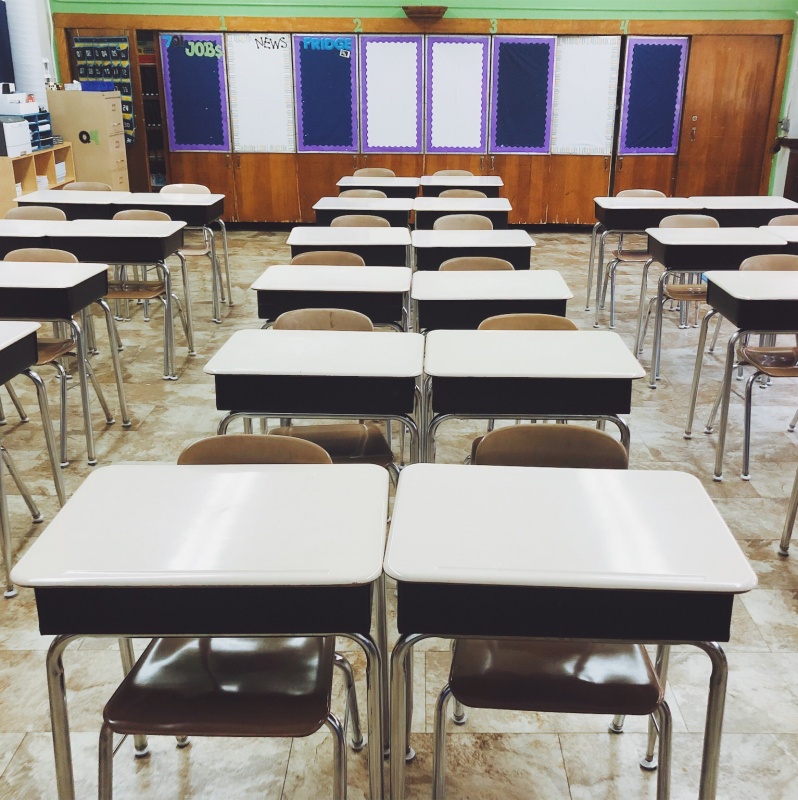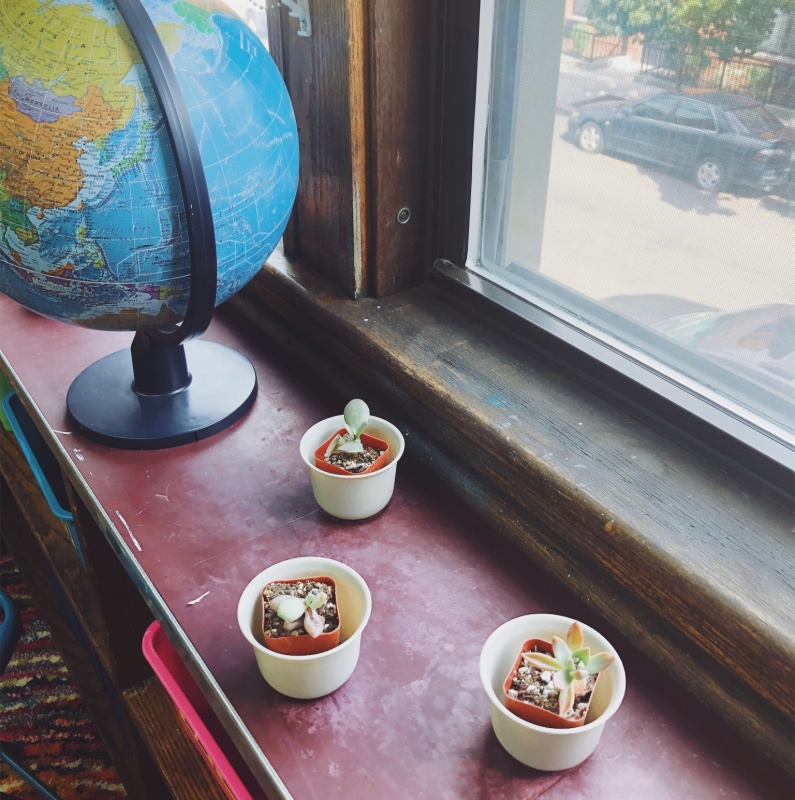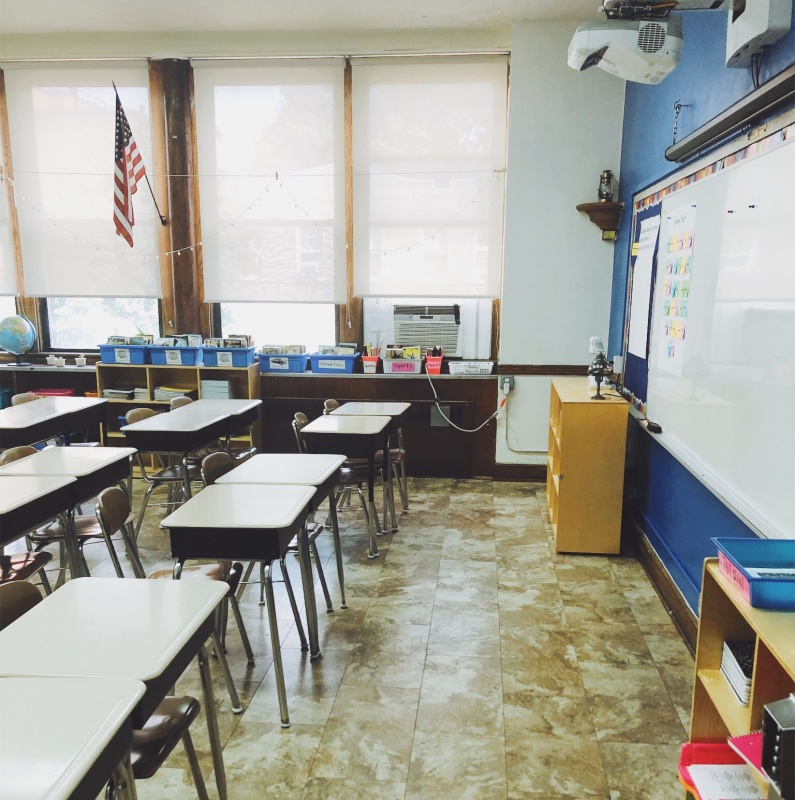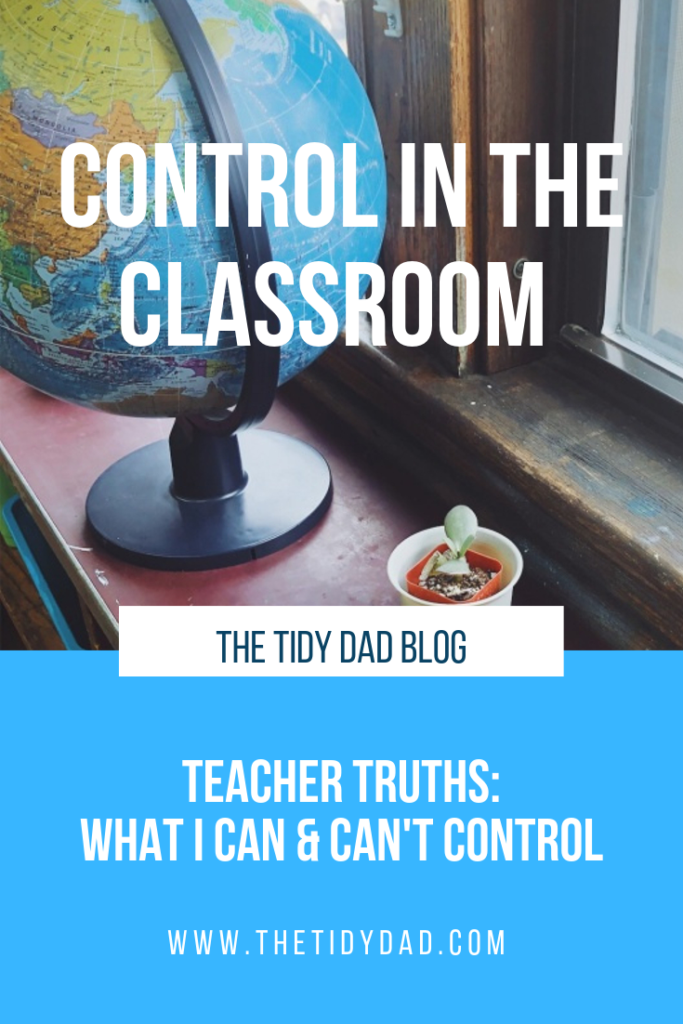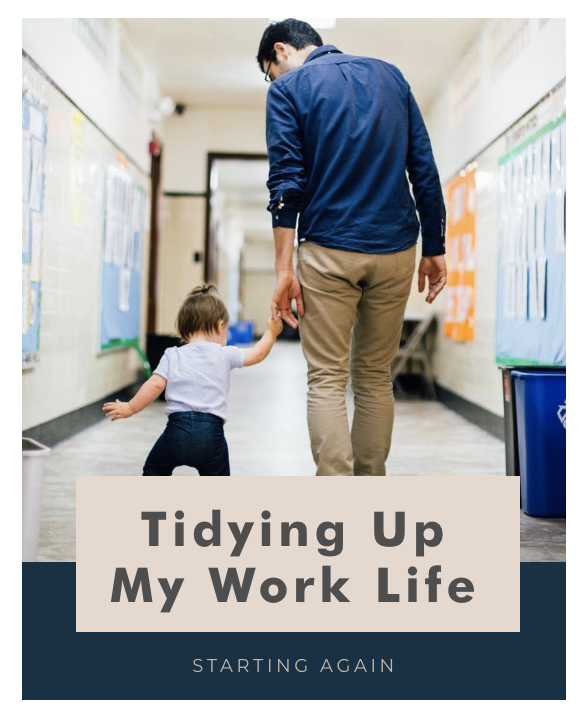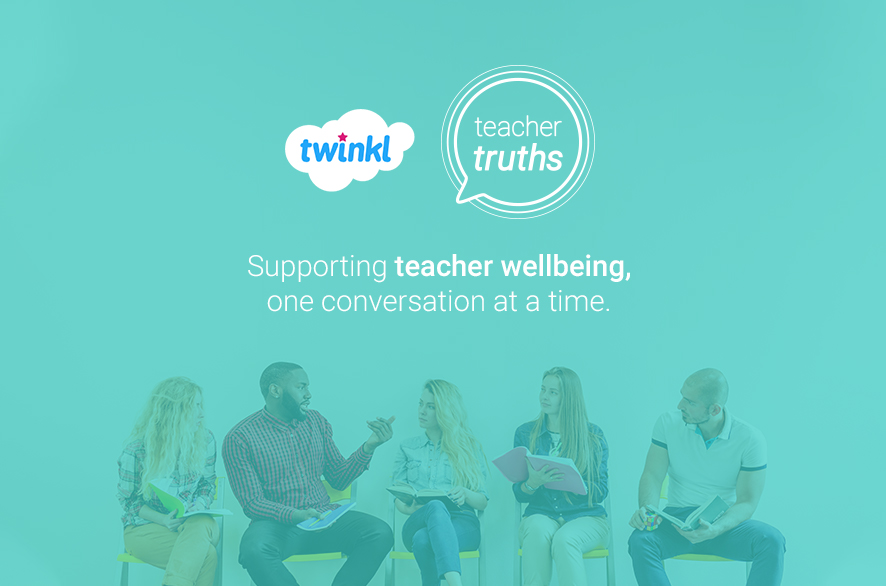 This article was created as part of Twinkl‘s worldwide teacher wellbeing campaign, TeacherTruths. Head over to their Year of Wellbeing page to read other’s views and find out how you can have your say. TeacherTruths: Supporting teacher wellbeing, one conversation at a time.
This article was created as part of Twinkl‘s worldwide teacher wellbeing campaign, TeacherTruths. Head over to their Year of Wellbeing page to read other’s views and find out how you can have your say. TeacherTruths: Supporting teacher wellbeing, one conversation at a time.
Lousy teaching days happen to all of us.
During my first few years of teaching, they seemed to happen frequently.
Student antics sent my seemingly “good” days at school into a complete downward spiral. Students would cry when I asked them to put away toys they brought in. Students would refuse to get started with work after directions were given. Students would explode into fits of rage over conflicts at recess. Students would neglect to turn in work. Students would crawl around the classroom. Students would hide things inside their desks that they weren’t allowed to have at school.
As the minutes and hours of the school day ticked by, I would feel my pulse begin to race. My throat would tighten. I’d pull and tug on my hair.
I often felt like I had absolutely no control over the behavior of students in my classroom. I never knew what they would do next. This feeling lasted for years.
Most days I’d stay late at school and wallow in self-pity.
“I’ve worked so hard to prepare lesson plans, why won’t these students sit and listen?”, I’d ask myself.
I reached my breaking point around the time that I told my wife to stop asking me about my day because it was too emotionally exhausting to recount the events.
Instead of agreeing to my demand, she said something powerful.
“You always tell me that you have a “bad” day, but I don’t understand. It’s not like you’re in trouble. You didn’t make a big mistake with your students. It’s not like the parents or administration are mad at you. You need to stop defining your days using the terms “good” and “bad”, and you need to stop assessing your day only based on the behavior of students.”
She was completely right.
For far too long, I believed that if I could learn to control the behavior of my students I could somehow survive the long days of teaching. My struggle to maintain control was real.
But I realize now that I was spending my time trying to control the wrong thing.
I’ve come to believe that the only thing I can truly control in the classroom is MYSELF. I am in charge of my thoughts, my feelings, my actions, and my reactions. I no longer measure my day based on the behavior of students, but measure my day based on how I positively or negatively impacted students. The students are not the ones to blame for my choices, and they are not responsible for helping me to have a “good” day.
When I am calm and patient with students, things seem to go better. When I feel fully prepared for lessons, things seem to go better. When I take a breath before reacting in the face of difficult situations, things seem to go better.
I found that when I stopped trying to control students and focused on controlling myself, I was better able to meet the needs of my students, both academically and behaviorally.
Here are four practices I’ve adopted in my own life to help me reach that goal:
- Use daily commute to mindfully prepare for the day.
- Envision my day. Rehearse aspects of lessons. Assess my mental state and current level of exhaustion.
- Leave work at work, and enjoy life outside of school.
- Seriously. There is always more work that could be done, so I’ve had to set clear boundaries for myself.
- Learn when to reach out for help to administrators and colleagues.
- Other adults at school can be great support tools. I’ve learned to communicate how I’m feeling. Share my struggles. Be vulnerable.
- Identify ways to share control with my students.
- Offer choices. Ask their opinions. Let students feel like they are in control of aspects of their day.
These practices have helped me to find more joy in working with students and truly enjoy the craft of teaching. I now believe that a stressed teacher creates stressed students. All I can truly control is myself, but I quickly realized when I became more calm and present while I taught at school each day, my students became more calm and focused on learning too.
Thanks for pinning!
Check out this blog post about how I declined a job promotion and tidied up my work life:
Hi, I'm Tidy Dad!
Tyler Moore is the bestselling author of "Tidy Up Your Life" and creator of the
"Tidy Dad" Instagram, TikTok, and website. A NYC public school teacher, husband, and father of three, he’s been featured on The Today Show, Good Morning America, The Washington Post, The New York Times, HGTV, and more. Tyler lives with his wife, Emily and their daughters in Queens, NY, and spends summers at their tidy cottage in the Poconos.
October 13, 2019
Control in the Classroom
Browse All
parenting & Daily Living
Browse All
Tidying & Organizing
Browse All
Meal Planning & Cooking
More about tidy dad
Browse All
recipes
join over 35,000 subscribers
Subscribe to the tidy times!
Browse All
NYC Adventures
Browse All
Tidy Toolkit Resources
Order Tidy Dad's bestselling book!
join over 35,000 subscribers
Tidy Dad's monthly newsletter
 This article was created as part of Twinkl‘s worldwide teacher wellbeing campaign, TeacherTruths. Head over to their Year of Wellbeing page to read other’s views and find out how you can have your say. TeacherTruths: Supporting teacher wellbeing, one conversation at a time.
This article was created as part of Twinkl‘s worldwide teacher wellbeing campaign, TeacherTruths. Head over to their Year of Wellbeing page to read other’s views and find out how you can have your say. TeacherTruths: Supporting teacher wellbeing, one conversation at a time.
Lousy teaching days happen to all of us.
During my first few years of teaching, they seemed to happen frequently.
Student antics sent my seemingly “good” days at school into a complete downward spiral. Students would cry when I asked them to put away toys they brought in. Students would refuse to get started with work after directions were given. Students would explode into fits of rage over conflicts at recess. Students would neglect to turn in work. Students would crawl around the classroom. Students would hide things inside their desks that they weren’t allowed to have at school.
As the minutes and hours of the school day ticked by, I would feel my pulse begin to race. My throat would tighten. I’d pull and tug on my hair.
I often felt like I had absolutely no control over the behavior of students in my classroom. I never knew what they would do next. This feeling lasted for years.
Most days I’d stay late at school and wallow in self-pity.
“I’ve worked so hard to prepare lesson plans, why won’t these students sit and listen?”, I’d ask myself.
I reached my breaking point around the time that I told my wife to stop asking me about my day because it was too emotionally exhausting to recount the events.
Instead of agreeing to my demand, she said something powerful.
“You always tell me that you have a “bad” day, but I don’t understand. It’s not like you’re in trouble. You didn’t make a big mistake with your students. It’s not like the parents or administration are mad at you. You need to stop defining your days using the terms “good” and “bad”, and you need to stop assessing your day only based on the behavior of students.”
She was completely right.
For far too long, I believed that if I could learn to control the behavior of my students I could somehow survive the long days of teaching. My struggle to maintain control was real.
But I realize now that I was spending my time trying to control the wrong thing.
I’ve come to believe that the only thing I can truly control in the classroom is MYSELF. I am in charge of my thoughts, my feelings, my actions, and my reactions. I no longer measure my day based on the behavior of students, but measure my day based on how I positively or negatively impacted students. The students are not the ones to blame for my choices, and they are not responsible for helping me to have a “good” day.
When I am calm and patient with students, things seem to go better. When I feel fully prepared for lessons, things seem to go better. When I take a breath before reacting in the face of difficult situations, things seem to go better.
I found that when I stopped trying to control students and focused on controlling myself, I was better able to meet the needs of my students, both academically and behaviorally.
Here are four practices I’ve adopted in my own life to help me reach that goal:
- Use daily commute to mindfully prepare for the day.
- Envision my day. Rehearse aspects of lessons. Assess my mental state and current level of exhaustion.
- Leave work at work, and enjoy life outside of school.
- Seriously. There is always more work that could be done, so I’ve had to set clear boundaries for myself.
- Learn when to reach out for help to administrators and colleagues.
- Other adults at school can be great support tools. I’ve learned to communicate how I’m feeling. Share my struggles. Be vulnerable.
- Identify ways to share control with my students.
- Offer choices. Ask their opinions. Let students feel like they are in control of aspects of their day.
These practices have helped me to find more joy in working with students and truly enjoy the craft of teaching. I now believe that a stressed teacher creates stressed students. All I can truly control is myself, but I quickly realized when I became more calm and present while I taught at school each day, my students became more calm and focused on learning too.
Thanks for pinning!
Check out this blog post about how I declined a job promotion and tidied up my work life:
October 13, 2019
Control in the Classroom
Hi, I'm Tidy Dad!
Tyler Moore is the creator of the “Tidy Dad” Instagram, TikTok, and website. A public school teacher in New York City, husband, and father of three young daughters, he has been featured on Good Morning America and in The Washington Post, The New York Times, New York Post, Better Homes & Gardens Secrets of Getting Organized magazine, Apartment Therapy, and many podcasts including HGTV and Minimalist Moms. During the school year, he lives with his wife, Emily, a pediatric occupational therapist, and three daughters in Queens, New York. In the summer, they spend as much time as possible in their small but tidy cottage in the Poconos.
